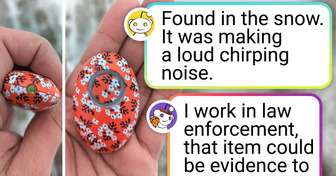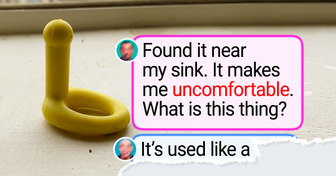20 Thrift Store Discoveries That Will Make You Ask “Why?”

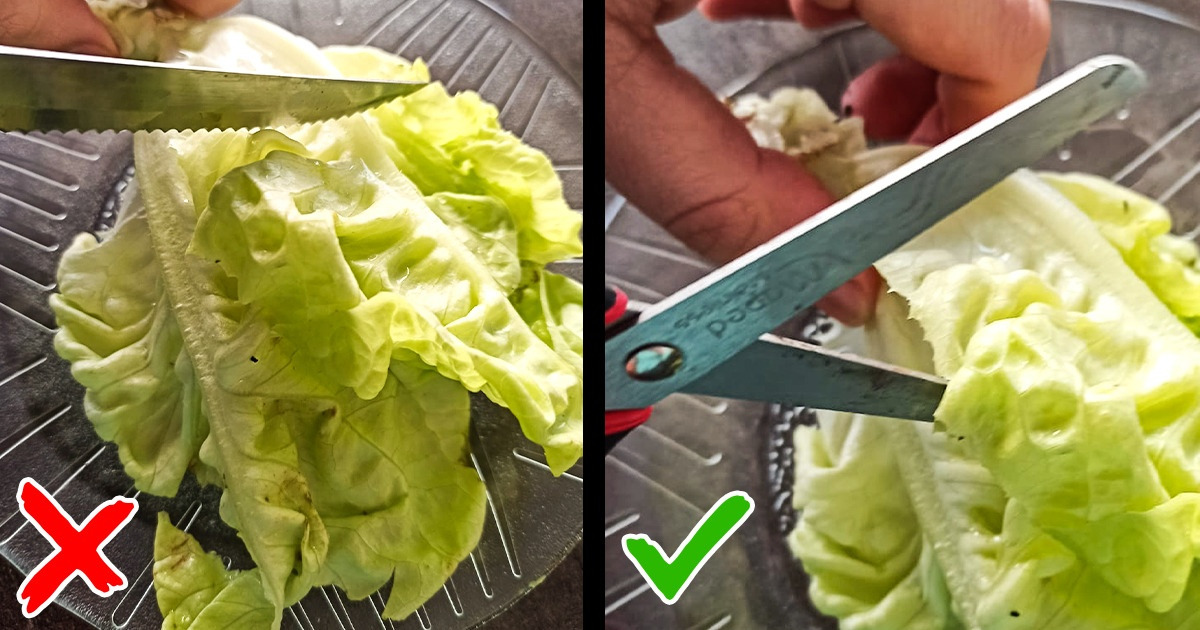
Most people have travelled or will travel outside of their country at least once in their lifetime. And while most nations welcome tourists, since tourism brings them a lot of money, it is important to follow their etiquette. It is one way to bridge the gap and get closer to people who are very different from you. It is also very important to know the etiquette rules of other countries in order to avoid any misunderstandings.
Now I’ve Seen Everything wants you to be prepared if you ever visit other countries that do things differently than you are used to.
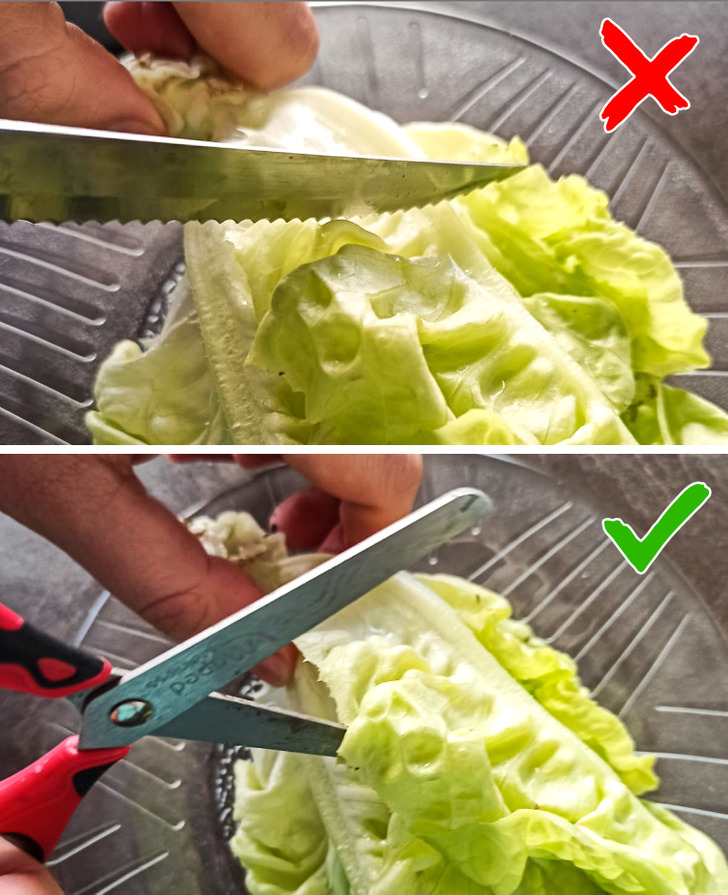
In France, it is frowned upon to cut lettuce with a knife, and there is a historical reason for this. In the past, cutlery used to be made of silver, a metal that oxidizes and darkens when it comes into contact with vinegar. Although today they are made of a different material, the custom is still in force, and it would be best to use scissors or your hands.
We’ve already gotten used to seeing soap dispensers in public toilets, but people who have traveled to Korea saw one thing that is unique there. Bloggers notice that you are in general lucky to find soap in a bathroom, but mostly it’s a bar of soap that is attached to a pole and you need to rub it to be able to clean your hands.
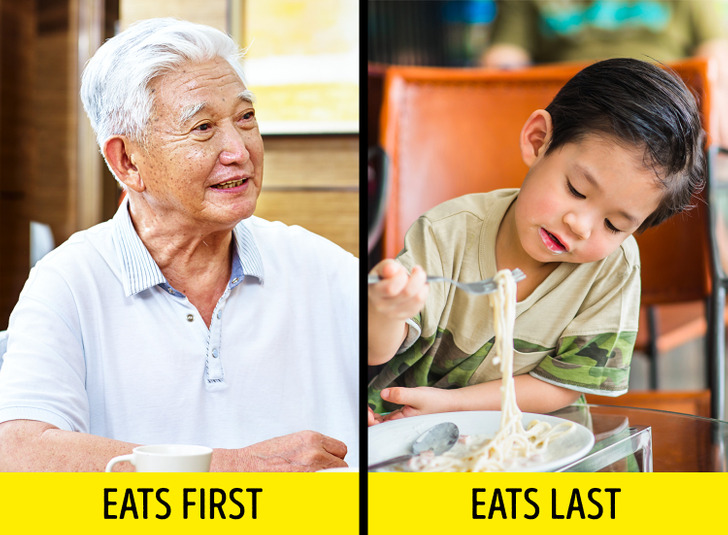
In Korea, no matter how hungry you are, you can’t start eating before the oldest person at the table does. If you violate this rule, you might not be invited back to eat at someone’s home. And one more thing: if you want to get yourself a drink, you will need to ask a person sitting right next to you. Koreans fill each other’s glasses.
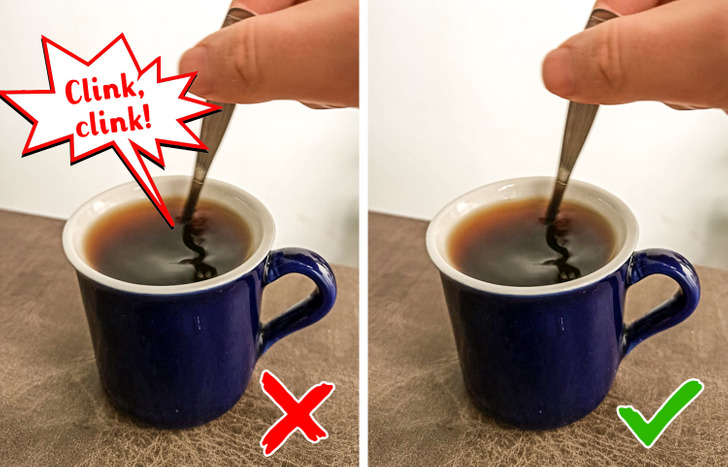
In England, popularly known for having “tea time,” there are certain actions that are frowned upon during that period, for example, making noise with a spoon when stirring or leaving it inside the cup. The latter is what the plate is for.
Cambodian toilets have several features. First, a public toilet is a rare thing. Second, you need to throw used toilet paper in a basket because many sewage systems can’t handle toilet paper. Third, they have a hose spray in the bathroom used for washing oneself and hosing down the loo.
Unlike what we discussed previously about the customary Chinese rule, in India it is polite to finish your entire meal. You are expected to eat everything on your plate as a sign of respect toward the food, which is considered sacred.
In Afghanistan and other Muslim countries, if you drop a piece of bread, you should pick it up as fast as possible and kiss it. There is no better way to express respect for food. Nobody is scared of germs here. So if you don’t want to have to do this, be careful and don’t drop anything.
In Chile, you’re better off eating without ever touching your food. Chileans consider it distasteful to use your hands to eat anything, even snacks like French fries and burgers. That’s why they always have knife and fork ready for every meal.
Have you ever gone to any of these countries mentioned above? Did you notice any of these etiquettes being followed by people?




